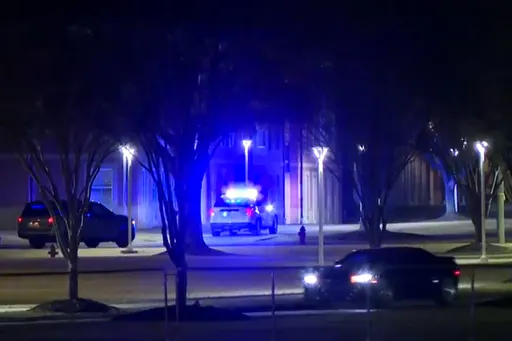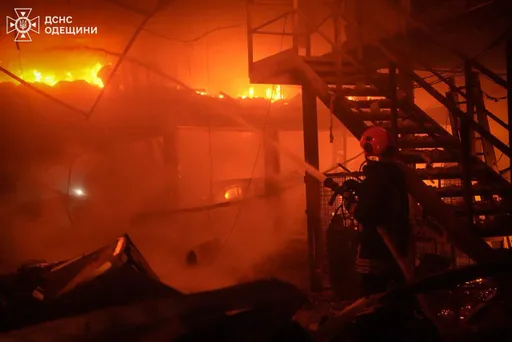Rescue workers said on Friday they had plucked the bodies of 62 migrants from waters off the Libyan coast a day after one of the deadliest shipwrecks in the Mediterranean this year.
About 145 migrants were rescued by the Libyan coastguard on Thursday after their overloaded boat went down east of the capital near the port city of Khoms.
Death toll could rise
Aid agencies initially feared that scores of migrants had drowned, with the number of missing estimated at more than 110 by the International Organization for Migration (OIM), and fishermen reported the waters were full of floating bodies.
"Our Red Crescent teams have pulled 62 migrants" from the water since Thursday evening, the head of Libya's Red Crescent rescue unit Abdelmoneim Abu Sbeih said on Friday.
"The bodies are still floating onto the shore continuously, it's not possible to give a total number," he added.
Survivors reported there were some 400 people aboard when it went down, according to global charity Doctors Without Borders (MSF).
One of the fishermen who was the first on the scene to save the survivors recounted finding "bodies floating on the surface of the water where the boat went down".
The head of the UN refugee agency Filippo Grandi called the wreck "the worst Mediterranean tragedy of this year".
Libyan navy spokesman General Ayoub Kacem said most of the rescued migrants were from Eritrea, although Palestinians and Sudanese were also among the group waiting to be taken on to reception centres.
A member of the Libyan coast guard said the outfit did not "have the means" to launch a high seas search and would "have to wait for the sea to return the bodies so we can pick them up".
Local authorities were gathering and storing bodies of the victims but were facing numerous problems and struggling to find burial places for them, according to municipal source in Khoms.
'Traumatised'
UN chief Antonio Guterres said he was "horrified" by the latest tragedy at sea.
"We need safe, legal routes for migrants and refugees. Every migrant searching for a better life deserves safety and dignity," he tweeted.
The migrants had been apparently headed out to sea on three boats lashed together, MSF mission chief Julien Raickman told AFP by telephone on Thursday.
One of the survivors, Abdallah Osman, recounted how their boat started taking on water about 90 minutes after setting out to sea hoping to reach Europe. "The Egyptian captain decided to turn back," he said.
Osman, a 28-year-old Eritrean, said a passing ship saw that their boat was in distress but took no action.
MSF nurse Anne-Cecilia Kjaer met with survivors, including some who had "swallowed a lot of seawater and had respiratory" problems.
"Many children could not swim, and even those who knew how to succumbed to exhaustion," she said.
Kjaer said the migrants were already "traumatised" from dangerous journeys across deserts where they were "captured by traffickers, subjected to violence and torture, and (then) saw their loved ones die at sea".
The capsize came only a few weeks after some 68 migrants died when an Italy-bound boat sank off Tunisia.
Before the latest shipwreck, the United Nations High Commissioner for Refugees and the OIM said 426 migrants had perished in the Mediterranean this year.
Amnesty International lambasted the European Union over the latest deaths.
"This high number represents a new low for European leaders. They have done everything they can to pull up the drawbridge to Europe," it said, "yet people are still risking their lives to come to Europe".
Libya, which has been wracked by chaos since the 2011 uprising that killed president Moamer Kadhafi, has long been a major transit route for migrants, especially from sub-Saharan Africa, desperate to reach Europe.























